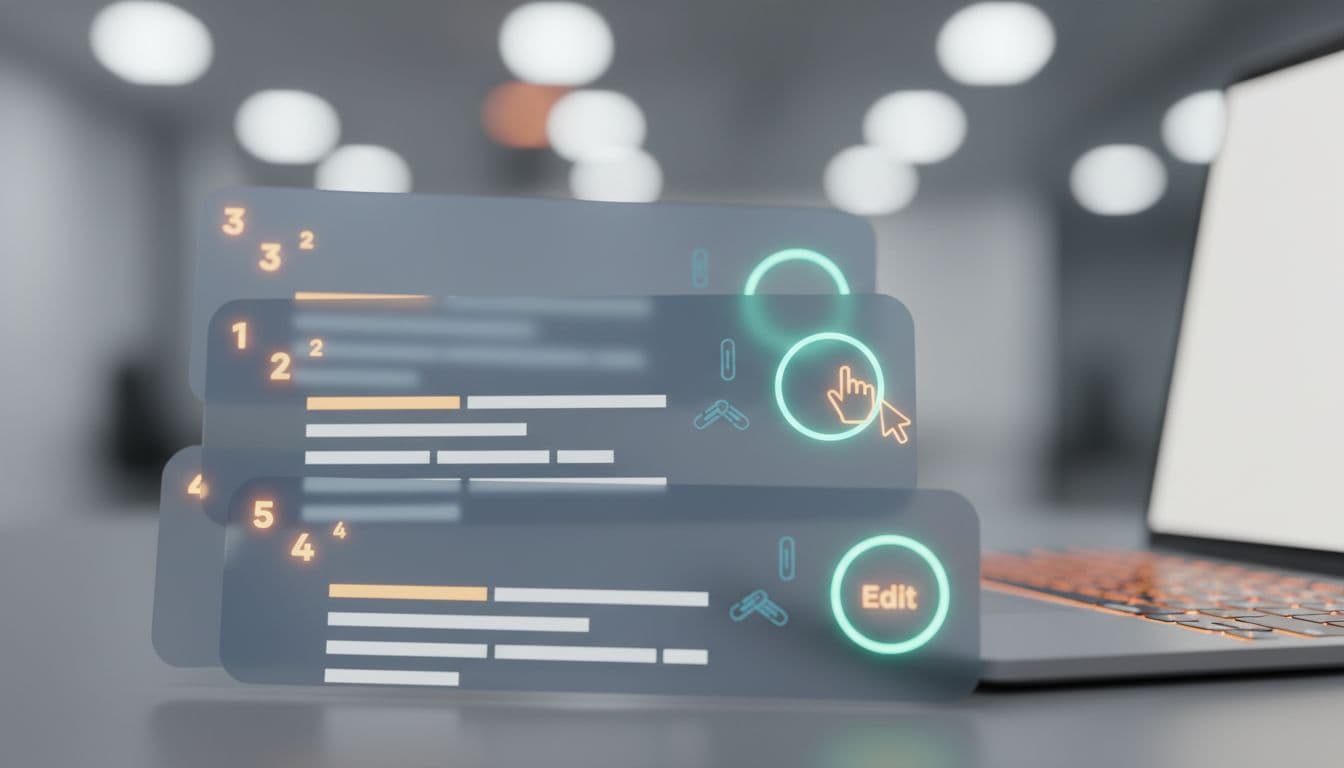Elon Musk has launched Grokipedia, a crowdsourced encyclopedia he says will aim for the truth, the whole truth, and nothing but the truth. The site is live and backed by Musk’s AI company, xAI. It lands as a direct challenge to Wikipedia, the long-time standard for open, community-edited reference. For bloggers, publishers, and curious readers, this raises smart questions about reliability, sourcing, and how AI will shape what we read.
What is Grokipedia?
Grokipedia is a minimalist site with a simple search bar and a growing set of entries. At launch, it listed more than 885,000 articles. That trails Wikipedia’s 7+ million English entries, but it still signals a large seed collection. Users can search topics across culture, sports, history, and places, much like a classic general reference.
What is not yet clear is how the content is created, reviewed, and maintained. Reports suggest Grokipedia leans on xAI’s model, the same engine behind Musk’s Grok chatbot. Some entries seem adapted from Wikipedia, while others look newly generated or lightly sourced. That mix matters, because it shapes trust and usability.

Why it matters
Wikipedia has been the backbone of online knowledge for decades. It is built by volunteers, with visible edit histories, talk pages, and strict sourcing rules. It is also a key training source for AI systems like ChatGPT, Gemini, and Grok. That legacy sets a high bar. Any rival must show a clear editorial process, explain how it handles bias, and earn trust over time.
The Wikimedia Foundation, which runs Wikipedia, says it is still learning how Grokipedia works. It also highlighted what makes Wikipedia durable: transparent policies, community oversight, and a culture of continuous improvement. These strengths come from millions of edits and years of testing, not from launch day hype.
Claims of bias and the push for “truth”
Musk has criticized Wikipedia for bias and urged people to stop donating to the nonprofit. Grokipedia reflects that stance. Its own entry about Wikipedia alleges systemic ideological bias, especially on political topics. That debate is not new. Wikipedia’s policies aim for neutrality and verifiability, but editors still argue over sources and tone. The difference is in how disputes are managed and documented in public.
Creators and readers should look for a few signals in Grokipedia: clear edit histories, visible citations, and transparent moderation. If articles are often AI-generated, who checks facts? If content is adapted, what rules govern licensing and attribution? The answers will shape credibility and legal compliance.

How Grokipedia compares to Wikipedia today
- Article count: Grokipedia lists under 1 million; Wikipedia has 7+ million in English alone.
- Sourcing: Wikipedia encourages citations on nearly every claim. Early Grokipedia pages appear thinner on sources.
- Transparency: Wikipedia shows edit histories, talk pages, and policies. Grokipedia’s process is not fully explained yet.
- AI role: Wikipedia is human-written and human-reviewed. Grokipedia may rely more on AI generation, then accept user edits.
- Coverage depth: Early Grokipedia entries show uneven depth compared to Wikipedia’s long, book-cited articles.
Implications for bloggers and content creators
Should you cite Grokipedia yet? Take a cautious and practical approach:
- Use it for discovery, not as a final source. Follow references, then cite primary or high-quality secondary sources.
- Check recency and revision history. If you cannot see who made changes, verify with independent outlets.
- Compare across sites. If Grokipedia and Wikipedia conflict, look for third-party reporting or academic references.
- Document your trail. Keep notes and links so you can defend your citations later.
- Watch licensing. If you quote or adapt, follow each platform’s terms. When unsure, paraphrase and cite.
The politics around Wikipedia and AI
For months, some U.S. lawmakers on the right have targeted Wikipedia, questioning bias and its downstream effect on AI. That puts Grokipedia into a charged conversation. If it leans on AI to write or revise articles, it may face the same questions about training data and bias. The difference could be in governance: who sets rules, how disputes get resolved, and how transparent those decisions are.
Readers should remember that AI-written text can sound confident while being wrong. Without strong sourcing, errors spread fast. A reliable encyclopedia is less about speed and more about process, policies, and public oversight.

What to watch next
Here are the signals that will show whether Grokipedia can compete and last:
- Editorial transparency: Public edit logs, clear policies, and active moderation.
- Citation quality: More primary sources and academic references, fewer bare links.
- Community growth: A visible base of volunteer editors with defined roles and guidelines.
- Legal clarity: Respect for licenses when using or adapting content from other sites.
- AI disclosure: When entries are AI-generated or AI-assisted, label it clearly.
Grokipedia is a bold challenge to a trusted staple of the web. It offers speed and tight AI integration, but it is early and uneven. Wikipedia’s strengths are not just size. They are process, sourcing, and public oversight. If Grokipedia builds those layers, it could become a useful companion or competitor. Until then, treat it like a tip-off, not a final word.
For your blog and newsletter, cite original reporting when available. Link to official statements and primary documents. If you include Grokipedia links, pair them with at least one independent source. Your readers will appreciate the extra care.
Quick FAQ
Is Grokipedia live? Yes. It is publicly accessible with a simple search interface.
Who is behind it? Elon Musk’s xAI, the company that built the Grok chatbot.
How reliable is it? Too soon to judge. Early pages look thin on citations. Verify before you cite.
Can I contribute? The process is not fully clear yet. Look for guidance on the site as it matures.
Should I switch from Wikipedia? No. Use both for discovery. Rely on primary sources and reputable outlets for citations.
To contact us click Here .






